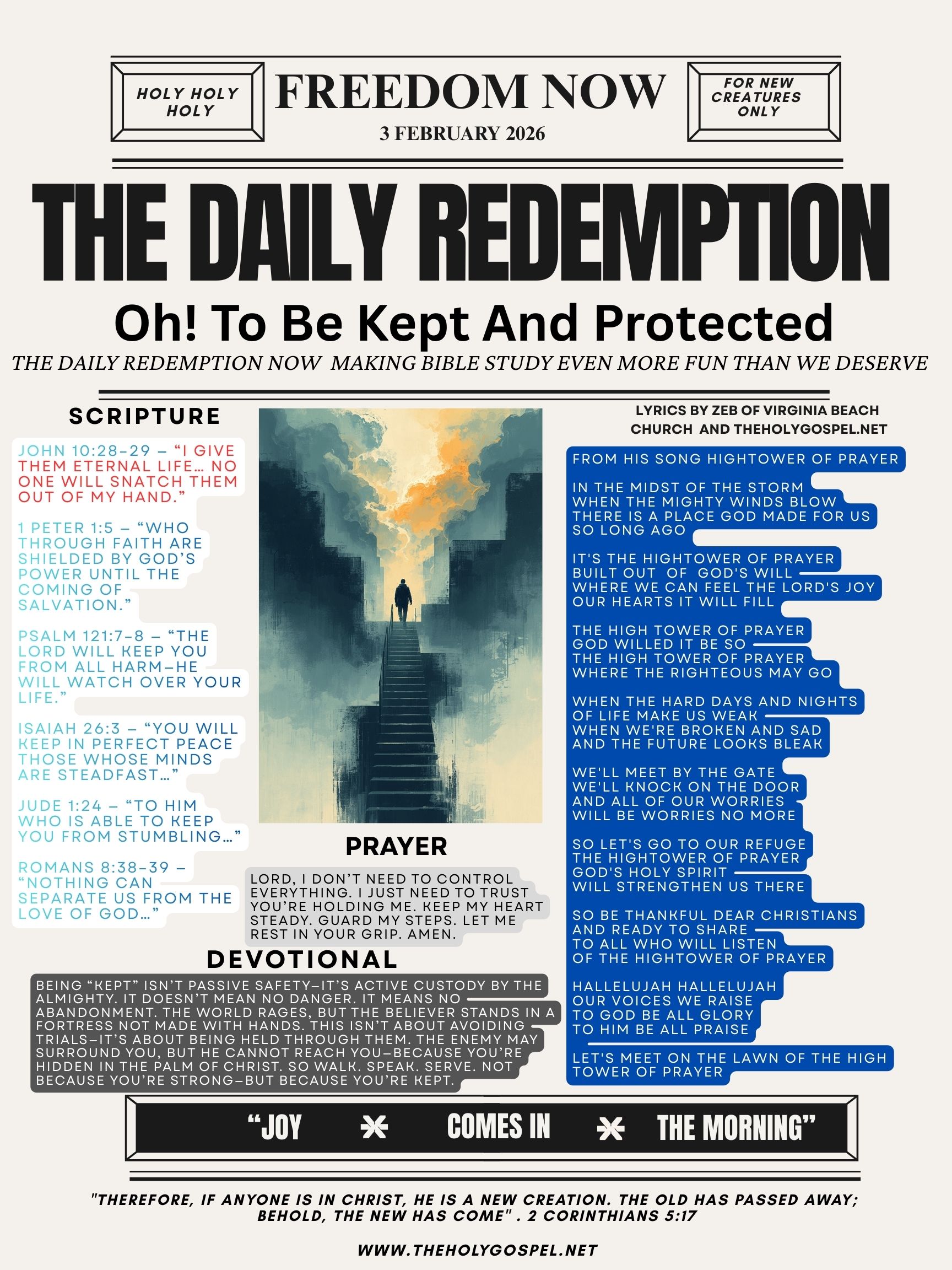We live in a world where it’s easy to get caught up in anger and hatred. Whether it’s the political divide, arguments with friends and family, or just the general stress of day-to-day life, we can all find ourselves lashing out at others. But what if there was another way? What if we could learn to turn the other cheek and love our enemies? In this blog post, we’ll explore how to cultivate the skill of turning the other cheek and loving one’s enemies. We’ll look at what Scripture has to say on the matter, as well as some practical tips for putting this into practice in our own lives.
What is the meaning of turning the other cheek?
 The phrase “turning the other cheek” is derived from the Sermon on the Mount, in which Jesus says “If someone strikes you on the right cheek, turn to him the other also.” In this context, Jesus is teaching his followers to respond to violence not with violence, but with love and compassion.
The phrase “turning the other cheek” is derived from the Sermon on the Mount, in which Jesus says “If someone strikes you on the right cheek, turn to him the other also.” In this context, Jesus is teaching his followers to respond to violence not with violence, but with love and compassion.
This teaching has been interpreted in different ways over the centuries. Some Christians have taken it to mean that we should always turn the other cheek, no matter what the situation. Others have interpreted it as meaning that we should only turn the other cheek if we know we can win through love and non-violence.
Regardless of how we interpret this teaching, one thing is clear: Jesus was asking us to love our enemies and to respond to violence with compassion. This is a difficult thing to do, but it is something that we are called to as followers of Christ.
How to turn the other cheek in everyday life
In order to turn the other cheek in everyday life, it is important to first cultivate the skill of turning the other cheek and loving one’s enemies. Here are some tips on how to do this:
1. Forgive those who have wronged you: One of the most important aspects of turning the other cheek is forgiveness. If you can’t forgive those who have hurt you, then it will be very difficult to turn the other cheek in future situations. Try to let go of any anger or resentment you may feel towards someone who has wronged you and focus on forgiving them from a place of love.
2. Show compassion towards others: Another key aspect of turning the other cheek is compassion. When we show compassion towards others, it helps us to see them in a different light and allows us to empathize with them even if they have done something wrong.next time someone does something that bothers you, try to see things from their perspective and show them some understanding and compassion.
3. Respond with kindness: When someone treats you badly, it can be tempting to react in kind and treat them badly in return. However, this will only perpetuate negativity and make the situation worse. Instead, try responding with kindness. This doesn’t mean that you have to be a doormat – simply choose not to sink to their level and act out of love instead of anger.
4. Practice patience: Patience is another important virtue when it comes to turning the other cheek.
How can we love our enemies?
It is often said that we should love our enemies, but how can we do that? How can we truly love someone who has hurt us or someone who we don’t even like?
The answer lies in understanding what love really is. Love is not a feeling; it’s an action. It’s not something that just happens to us; it’s something that we choose to do. And when we choose to love our enemies, it doesn’t mean that we have to like them or even agree with them, but it does mean that we need to treat them with compassion, kindness, and respect.
Here are some ways you can start loving your enemies today:
1. Pray for them.
When you pray for someone, you are opening up the possibility of change and healing in their life. You are also asking God to bless them, even if they don’t deserve it.
2. Speak kindly to them.
When you speak kindly to someone, you are planting the seeds of love and compassion in their heart. Words have power, so use yours wisely!
3. Forgive them.
Forgiveness is one of the hardest things to do, but it’s also one of the most powerful things you can do for yourself and for the other person. When you forgive someone, you are letting go of all the negativity and hurt that they have
What are the benefits of doing so?
The benefits of turning the other cheek and loving one’s enemies are numerous. Perhaps most importantly, it can lead to inner peace and a greater sense of well-being. It can also help build healthier relationships and foster a more positive outlook on life. Additionally, it can be a powerful tool for personal growth and transformation. And lastly, it can inspire others to do the same.
How to start practicing this skill
It is difficult to love those who have harmed us, but it is possible with God’s help. Here are some things you can do to start practicing this skill:
• Pray for God to help you love your enemies. This is not something you can do on your own; you need His help.
• Ask God to give you His perspective on the situation. Often, when we pray for God’s help, He will give us a different perspective on the situation – one that is more loving and understanding.
• Choose to forgive those who have harmed you. Forgiveness does not mean forgetting what happened or condoning the hurtful behavior; it means letting go of anger and resentment and choosing to love instead.
• Seek reconciliation with those who have harmed you, if possible. This does not mean getting back together with an abusive partner or becoming friends with someone who has hurt you; rather, it means taking steps to heal the relationship if possible. If reconciliation is not possible, then seek peace in knowing that you have done everything you can to resolve the situation.
Conclusion
The ability to love one’s enemies and turn the other cheek is a skill that can be cultivated with practice. By making a conscious effort to see the good in others, even those who have hurt us, we can begin to build bridges of understanding and compassion. In a world where so much seems to divide us, learning to love our enemies may be the first step towards creating lasting peace.



